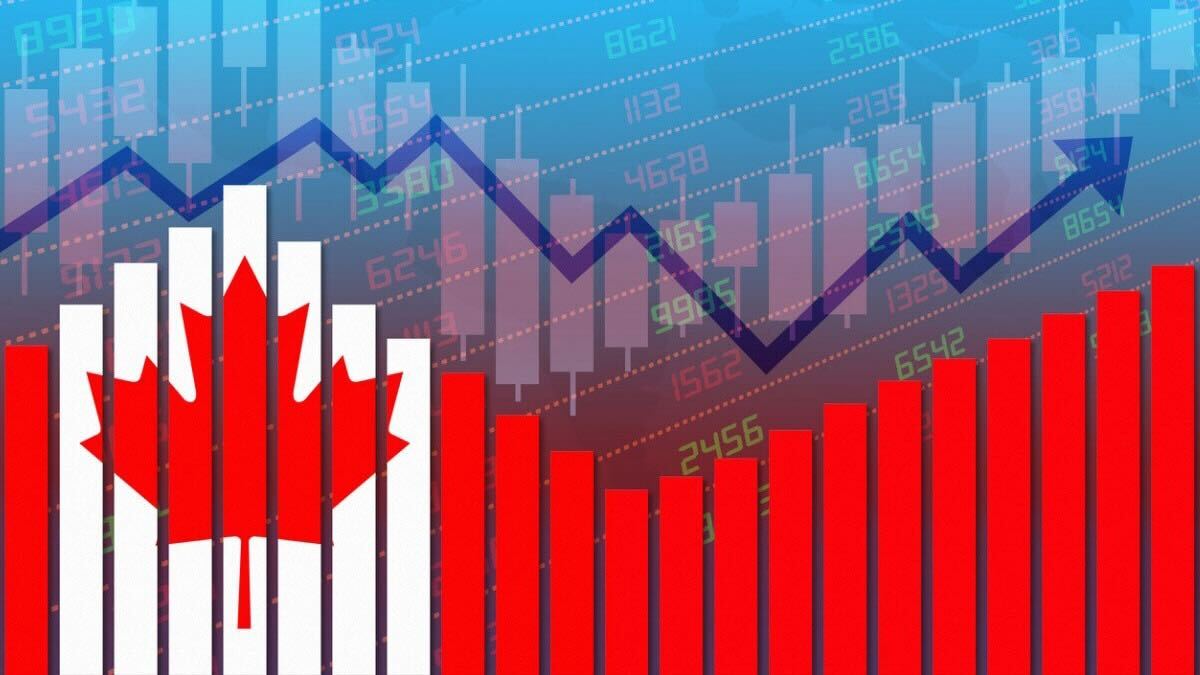
canada’s economy shrinks in q2, raising doubts about rate hikes
Canada’s economy didn’t do as well as expected in the second quarter of this year. Instead of growing, it shrank by 0.2% when we look at it on a year-to-year basis. This news was disappointing because experts thought things would be better. There are a few reasons why this happened.
First, investments in housing went down. This is a big deal because housing is an important part of Canada’s economy. Also, businesses didn’t store as much stuff in their warehouses, and the things Canada sold to other countries didn’t grow as much as expected.
On top of that, people didn’t spend as much money as before. In the first quarter, people were buying a lot of stuff, but in the second quarter, they slowed down. Part of the reason might be that interest rates went up, making it a bit more expensive to borrow money.
People are now wondering what this means for the future. Canada’s central bank, called the Bank of Canada, had been slowly making borrowing money more expensive by raising interest rates. But now, because the economy didn’t do well, it might not do that anymore.
Also, when we look at the numbers for July, it seems like the economy didn’t grow at all during that month. This makes it even more likely that the Bank of Canada won’t make borrowing money more expensive in their next meeting.
Read More: Recovery After Tropical Storm Idalia Carolinas Spared, Florida Faces Challenges
However, it’s important to remember that the numbers we’re talking about mostly cover what happened before the Bank of Canada raised interest rates. So, they might not show the whole picture of what’s happening right now. But for now, it seems like the economy is struggling, and the Bank of Canada might not make borrowing money more expensive at their next meeting.
Read More: Idalia: A Potential Contender for Strongest US Hurricane Ever Recorded
Economists will keep watching how things go in the coming months to see if Canada’s economy can bounce back and if the Bank of Canada changes its plans. The lesson here is that the economy can be tricky, and decisions about money need to be flexible to deal with unexpected changes



